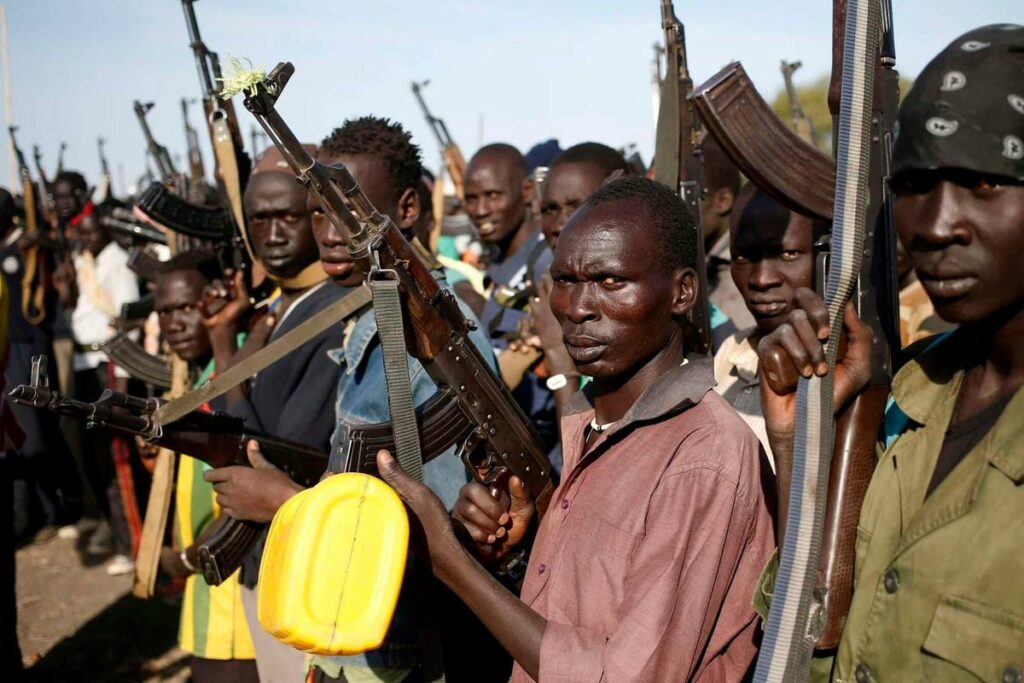After almost 10 years, South Sudan is preparing to establish the Hybrid Court to try those who have committed war crimes and crimes against humanity since the civil war began in 2013.
The Transitional National Legislative Assembly recently passed two important bills to create a Hybrid Court, a major milestone in the country’s long search for transitional justice.
The Commission for Truth, Reconciliation and Healing Bill 2024 and the Compensation and Reparation Authority Bill 2024 were passed as the basis for the establishment of the Court.
While key donors such as Troika—US, UK and Norway—have been willing to fund the Hybrid Court contained in Chapter 5 of the Revitalised Agreement on the Resolution of the Conflict in the Republic of South Sudan (R-ARCSS), the top political leadership has been resistant to transitional justice on the basis that would reopen old wounds.
The R-ARCSS was a peace deal signed in 2018, mediated by regional bloc Intergovernmental Authority on Development. But some of the components, including truth and justice, have been subject of disagreements among the signatories who later formed the Transitional Government of National Unity, a type of coalition government.
The purpose of the two bills, according to Bona Deng Lawrence, chairperson of the Standing Specialised Committee on Peace and Reconciliation, is to address the legacy of the conflict, provide victims with justice and reparations, and establish support centres for psychotherapy cases for both victims and offenders.
Since the civil war broke out on December 15, 2013, as a result of a power struggle between President Salva Kiir and his deputy Riek Machar, both sides have been accused of war crimes and crimes against humanity.
Natelina Amjima Malek, Deputy Chair of the Information Committee, said that the two bills are significant because they provide for the restoration of damaged buildings and compensation to families who lost loved ones during the clashes in 2013 and 2016.
Still, there are concerns about whether the Hybrid Court, if established, would overcome the lack of political will that has gone on for nine years.
The government and the major armed opposition SPLM-IO signed a peace deal in 2015 that established the Hybrid Court. This decision was reaffirmed in the R-ARCSS.
Civil rights activist Edmund Yakani, executive director of the Community Empowerment for Progress Organisation, said that top leadership in the country is not for the Hybrid Court.
“The leaders are anti-Hybrid Court. There is also the challenge of how the commission for truth, healing, and national reconciliation and the compensation and reparation process will work in the face of hostility from the political leadership,” he said.
In June 2016, President Kiir and Dr Machar published a joint opinion in the New York Times entitled South Sudan needs truth, not trials, calling on the international community to reconsider the establishment of the Hybrid Court, which would interfere with national healing.
“There is no proven evidence in any court of law the Leadership are guilty of war crimes. The war crimes are political tools of the West to blackmail Africa,” said Ezekiel Lol Gatkuoth, a former South Sudan minister for petroleum.
More than 400,000 South Sudanese have died in the conflict since 2013, with 1.5 million internally displaced and another 2.2 million living as refugees in the neighbouring countries of Uganda, Kenya, Ethiopia and the Democratic Republic of Congo.
Hundreds of thousands of South Sudanese who had taken refuge in neighbouring Sudan are now back living as internally displaced persons, having fled the war in the north.
Akol Miyen Kuol, a South Sudanese political commentator, said the nation is fragile and there are doubts whether the Hybrid Court could achieve the desired results.
He maintains that the war crimes could be best addressed through traditional mechanisms such as community reconciliation rather than the Court.
“I think it is too early for South Sudan to resort to a Hybrid Court to address the war crimes issue. Applying such a mechanism in South Sudan now could exacerbate the already delicate situation,” Mr Kuol said.
Source link : https://www.theeastafrican.co.ke/tea/news/east-africa/south-sudan-in-bid-to-create-hybrid-court-again-4792288
Author :
Publish date : 2024-10-11 15:55:27
Copyright for syndicated content belongs to the linked Source.
